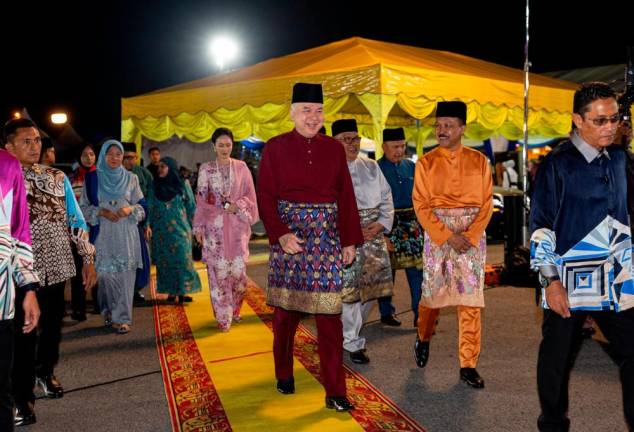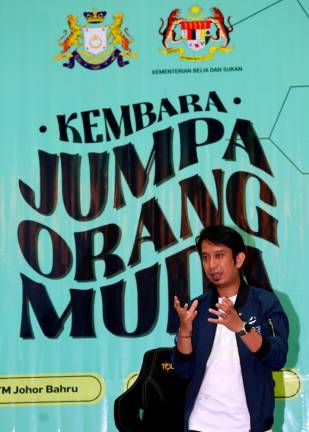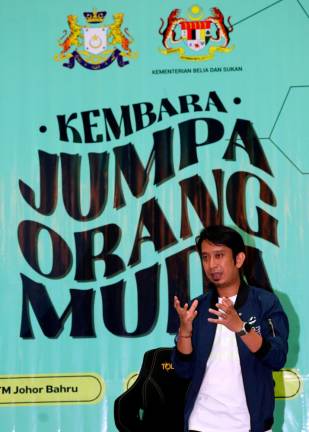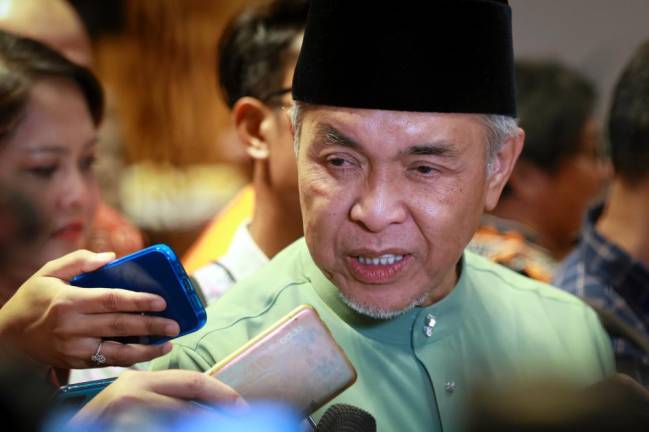PETALING JAYA: The push towards the Fourth Industrial Revolution (IR4.0) seems to have hit a wall.
The government is offering incentives to lure small and medium enterprises (SMEs) to adopt new technology, yet little of it has been taken up.
Mimos Bhd, the agency that has been given the responsibility to manage the push for IR4.0, said many players in the SME sector remained sceptical about the scheme.
On the other hand, SMEs have complained that even those who have applied for the incentives were not getting it for various reasons.
Mimos chief technology officer Thillai Raj (pix) said the small take-up rate had proven to be the biggest challenge the government faced in the race to close the gap with more technologically advanced Asian economies such as China and Japan.
“I think local businesses are already aware of the importance of adopting IR4.0.
“But what’s more important now is the implementation. This is what we’re struggling with,” he told theSun recently.
“Rightly or wrongly, the government is of the view that SMEs are still unsure that all the new technology would bring the expected profits.
“This is not an issue with the big boys (most of which already see the need to go hi-tech).
“It’s the SMEs we’re concerned about. How do we get them to go into e-commerce, use big data analytics and adopt artificial intelligence?” Thillai said.
He added it was with this in mind that the government recently introduced an “industry forward” grant to give SMEs guarantees of RM500,000, or 70%, of investment costs as an incentive to invest in automation and modernisation.
“The government has already taken the most difficult step – putting in the money,” Thillai said.
“Local companies should not waste this opportunity.”
He said SMEs should realise that their investment outlay would amount to only 30% of the total cost.
“This is a very small risk,” Thillai pointed out.
When tabling the 2019 Budget in October last year, Finance Minister Lim Guan Eng announced that the government would set aside RM5 billion to pursue the objectives of IR4.0.
This included a RM2 billion business loan guarantee scheme that offered guarantees of up to 70% of total investment cost to encourage SMEs to focus on achieving IR4.0.
Another RM3 billion would be used to set up an industry digitalisation transformation fund. SMEs could borrow from this fund at a subsidised interest rate of only 2%.










